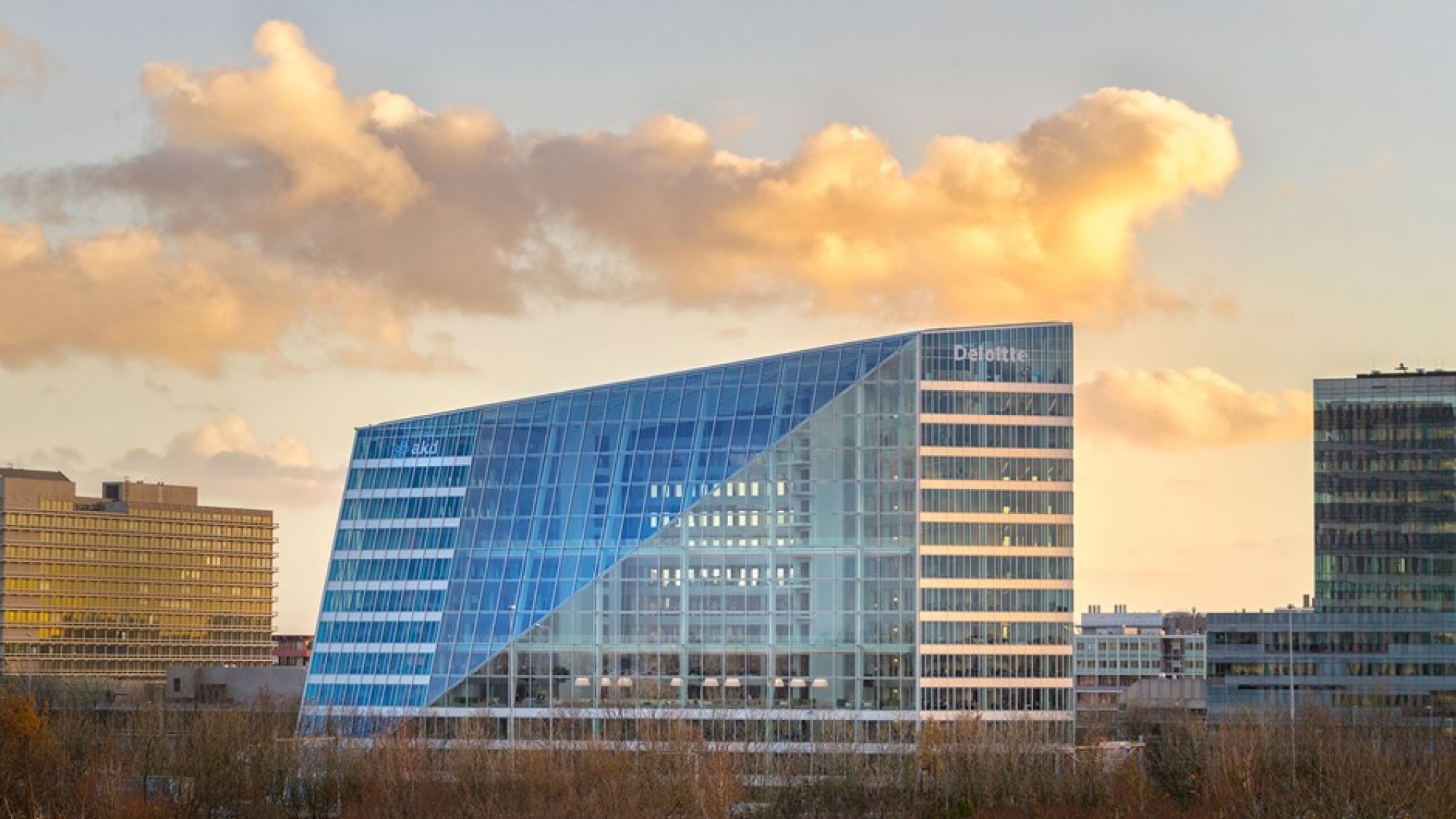You forgot to book a room for an important meeting. But a quick glance at your phone shows that it has already been taken care of. And no, it wasn’t someone from the front desk. It was the building’s very own ‘digital concierge’ at work!
Self-Thinking Buildings: The Edge in Amsterdam
In many ways, a Smart Building is a smaller version of a Smart City—a sustainable structure offering various services to its occupants through digital solutions.
In traditional homes, lighting, heating, indoor climate, security, and sanitation systems operate independently. But in a Smart Building, all these elements are interconnected through IT systems, optimizing energy consumption and maximizing the use of the building.
Coffee with a Touch of Smart Technology
Aside from connecting centralized systems, advanced Smart Buildings will also control elevators, access permissions, and parking spots. But it doesn’t end there.
The Smart Building’s control system will have access to your smartphone, calendar, and personal settings. It knows when you’re heading to work, reserves a parking spot for you, calls the elevator, and even adjusts your desk. And as you pass by the office coffee machine, your morning coffee—black with no sugar—is ready just as you like it.
Much like Smart Cities, Smart Buildings are designed with their occupants in mind. If the system doesn’t enhance efficiency, comfort, safety, and freedom, it won’t serve its purpose effectively.
A Smart Building should be perceived as a living organism: networked, intelligent, dynamic, and adaptable. Sensors, microchips, cameras, and other IoT devices allow the building to respond in real-time to both small and significant events, day and night, often without you even noticing.
No Smart City Without Smart Buildings
Smart Buildings offer much higher energy savings than traditional structures. They are designed to interact with the Smart Grid, and it’s almost unimaginable for them not to include solar energy systems. This enables them to feed excess eco-friendly energy back into the public grid, making Smart Buildings an integral part of the Smart City vision.
Massive amounts of data collected by the building can be transferred to the city’s Urban Open Source data platform. For example, weather data (temperature, wind, rainfall) can be integrated into community applications, offering weather insights far beyond what traditional services could achieve.
Today, sustainability and energy consumption are considerations in all new construction projects—and more people are thinking about the Smart Building concept from the start. But it’s not just for new constructions. Existing traditional buildings can also be converted into Smart Buildings, a service increasingly offered by many companies.
The Smartest Building in the Netherlands
The Edge building in Amsterdam sets the benchmark for smart architecture. Deloitte’s 40,000 m² office is a state-of-the-art masterpiece showcasing everything a Smart Building can offer.
The building is oriented towards the sun and features an atrium. Solar panels on the south side generate enough power to support all phones, computers, and electric vehicles within the premises while shielding employees from harsh sunlight during winter. The glass is thick enough to block traffic noise, while the atrium façade is completely transparent, ensuring that most offices are bathed in natural light.
The Edge’s LED lighting system, equipped with 30,000 sensors, constantly detects people’s presence and reacts in real-time to measured data, such as temperature and humidity. Rainwater collected on the roof is used for flushing toilets and irrigating the green terraces in the atrium and the surrounding gardens.
Lastly, all building users have access to an app that helps them locate parking spots, workstations, and even their colleagues. Users can report issues within the building, find nearby restrooms or waste bins, and much more.
As an added service, users can also set their workstation preferences, such as desk height, lighting intensity, and even the strength of their coffee. sc : www.skanska.dk

